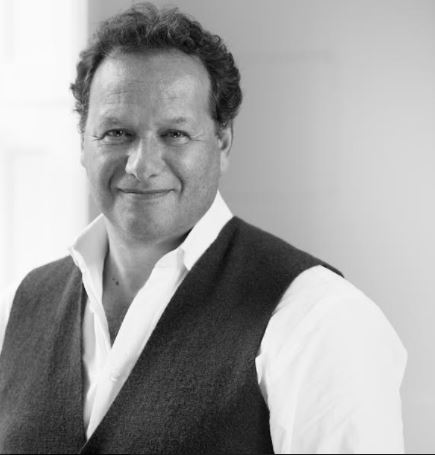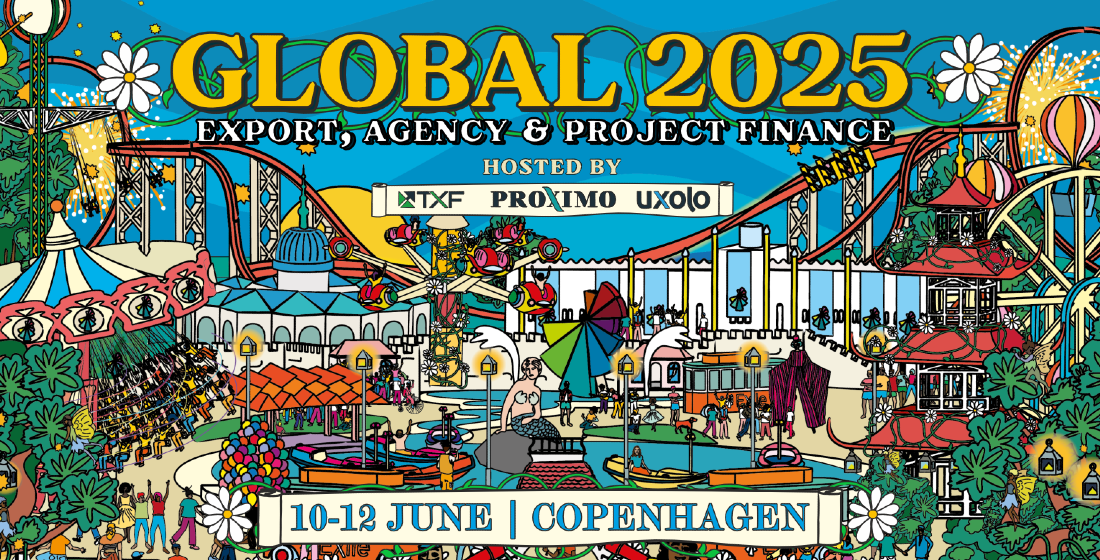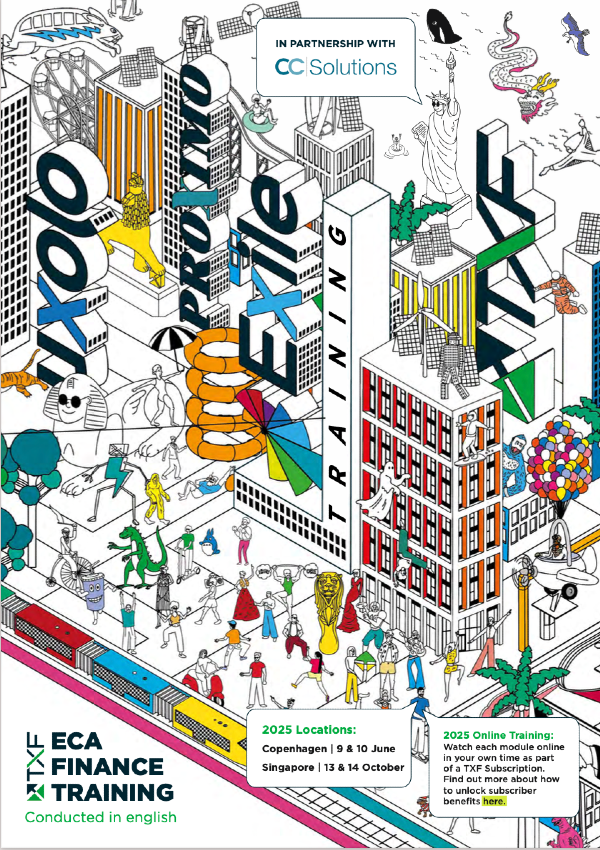Texel Finance celebrates 20 years of growth
London-headquartered insurance broker Texel Finance is about to celebrate 20 years in the business as of 1 December. TXF editor-in-chief Jonathan Bell, caught up with Texel chairman Andy Lennard to talk about the growth of the company and the future for the sector.


Personally, I have known Texel and its chairman Andy Lennard for all these years, and know that the company successfully challenges in the market with broking firms of a much larger size. So, what does Andy feel about the way the company has grown?
“I feel enormously proud of reaching this milestone. But I feel that we are just beginning and have a solid foundation to continue growing. The past is the past and we learn from the mistakes and hope to benefit from the knowledge that we have gained,” he relates.
Having been a commodity trader and a banker in times before Texel, Andy is someone who has a unique depth of knowledge for a broker. The early success of the company can be placed with his immense breadth of knowledge, contacts and relationships across the commodity and banking sectors. But how does he characterise the development of Texel as a company in the last 20 years?
He explains: “Texel has grown because we have had extraordinary support from our clients and the market. Furthermore, we are constantly looking at ways to help our clients in a proactive manner. How can we make their businesses better? What would make a difference to their activities? How can we respond to their needs? That is at the forefront of all we do. We always strive to provide an unrivalled service and understand our clients and what and how they transact.”
Of course, the industry has changed considerably over the past 20 years, so what does he see as the biggest changes since he set up the firm, and how have these impacted the company?
“Certainly, the volatility in the political and credit risk markets have provided carriers with unprecedented opportunity to participate. There has been a huge increase in the amount of capacity available. I first started using the market in the late 1980s on transactions where some countries today don’t exist. Certainly, the collapse of the Soviet Union was a huge game changer as it created new states overnight and the adjustment to the market economy gave Western capital providers, traders and insurance underwriters huge opportunities to grow their businesses,” he remarks.
Taking this on a bit further, I’m keen to find out if Andy thinks that the insurance market has reacted appropriately to some of the industry changes, economic developments and geopolitical storms that have swept through the market in the last two decades.
He responds: “Absolutely. I think the market has reacted in an extremely positive way. And that is what it is - a market of demand and supply. It is helped by the fact that interest rates have been very low for almost a decade and transactions in emerging markets carry a greater yield. The capital providers have not been receiving much yield in other areas of insurance where rates have been soft for a long time.
“Political and credit risk seems to be, if one takes a 10-year view, a better return than perhaps other areas. This may change due to the recent losses in the storms that have just passed. Additionally, the market has reached a level of maturity whereby data over the last 10/15 years can be assessed in such a manner that one can empirically demonstrate the benefit of usage.”
And specifically looking at landmark events, I wonder if there are any that he would identify as having been particularly significant either to the development of Texel or the development of the market?
“Certainly, the credit crisis of 2007/2008 was an interesting time,” he replies. “Prior to that, banks were putting on assets particularly in the credit area that were poor and not derisking. There has been a sea change and institutions have become far more circumspect as to whom they lend money to. That has had a great impact on the credit quality of insured transactions. On commodity-related deals there will always be casualties based around the price volatility of commodities. But the level of information that is needed to get through a financial institution’s credit process has become far more rigorous!
“In recent years the Ukraine/Russia dispute has had a negative effect. That is a rich and fertile area for trade and it has been difficult to adjust to the fact that it is an extremely hard environment to find acceptable business opportunities that do not fall foul of the sanctions impositions. Other areas of the world have not been able to provide large structured trade deals in such quantities as those from the FSU.”
Knowing that it is now quite a struggle for the big structured commodity finance banks to get deals past their credit committees, where does he see growth for these institutions – and how does this impact the insurance market?
“Each institution has a different business model, and each bank has different funding criteria. What we have noticed is that banks that have been doing this a long time are beginning to exhaust their inventory of clients. One can’t just magic a new trader or new producer every year. With political uncertainty, it also means that part of the world is just not open.
“However, with the oil price at around $60 per barrel which is double what it was a few years back, marginal producers are looking better. All this has a big impact on what is available to be derisked in the insurance market. There are many large institutions that have only started using the market in the last three or four years, so they have a long way to go before they run out of potential names that can be lent to. This obviously doesn’t consider the constant refinancing that goes on for existing borrowers.”
With regard to pricing on deals and the continued downward trajectory in most cases, how does he see this eating into the cost of credit insurance and what implications does this have for the overall insurance sector?
He responds: “Insurance premiums are a factor of the margins charged. Premiums in some areas are way down and in others, due to lack of capacity, they are up. Demand and supply dictates the price along with what the insured is willing to pay. There will be a floor and I think we are getting quite close to it. In time, there will be a correction, but it might need a seismic collapse somewhere for that to happen.
And asking him if we can expect to see more of Texel in export finance and project deals going forward, he responds that the firm is firmly determined to be involved there.
Looking further ahead, how does he feel the company is placed to move forward over the next five, ten or even 20 years?
“We have built a very successful, multi-streamed income generating group whose core was and is insurance broking. Our retained earnings and strong balance sheet has allowed us to buy fixed assets and invest in areas that interest us. This includes opening new offices, hiring quality people and training the younger members. Human relationships are fundamental to what we have done and will continue to do.
“We will remain opportunistic in several areas over the next five years but only in situations that we are comfortable. It could be in insurance broking, real estate, debt raising, fintech to name a few. I don’t think that there will be a shortage of ideas in which to apply capital to. I have certain goals that I want the group to achieve over the next five years in terms of size, revenues and retained earnings and we are on track.
“As we come into our 20th year, these last 12 months have been transformational in terms of investments: such as our 50% purchase of Meridian in the USA, the move into our new office in London, the creation of the MGA, the continued development of our industrial asset, and our 5th anniversary in Singapore.
“Furthermore, we have made the first changes at managerial level to reflect the fact that we have organically grown and the younger generation have proved themselves very capable of running accounts and businesses. I see that happening more and more. As it should.
“We want to continue having fun and enjoying what we do. We remain passionate and care deeply about how we engage with our clients and the market in general. We must continue to treat people as we would like to be treated. I believe that has been critical to our success and we must strive to maintain these core values.”





